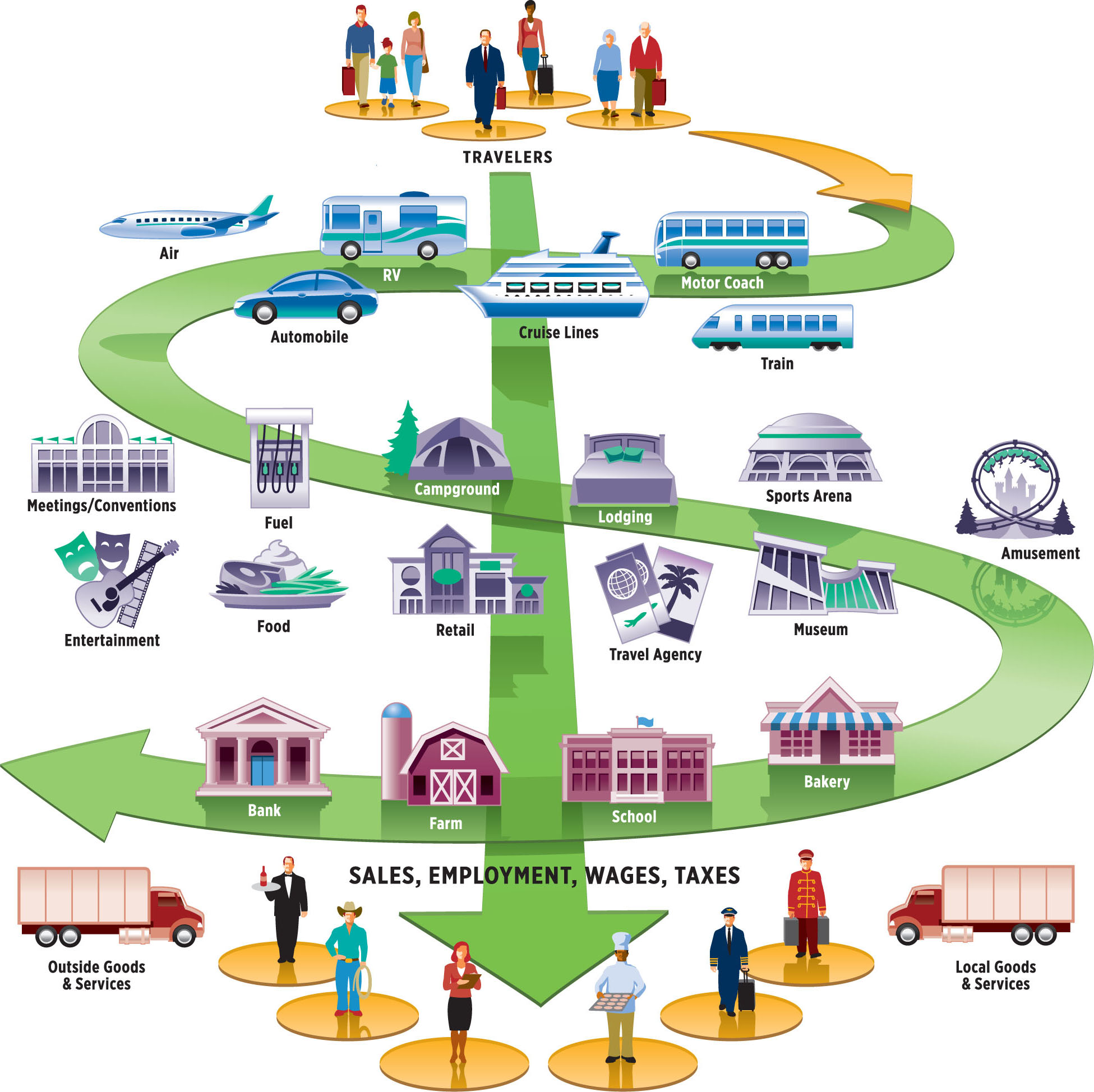While ecotourism provides clear, direct economic benefits to countries, those benefits are often underestimated, since the numerous inputs required to support the ecotourism industry are difficult to quantify. For example, items such as food, supplies, transportation, public works, infrastructure, and manpower are required to support ecotourism. Additionally, local citizens employed… read more
Multiplier Effect
Filed Under: Economic, Multilateral Tagged With: conservation, ecotourism, multiplier effect, Poaching, Socioeconomic, sport hunting regulations, sport hunting revenue, U.S. Policy, wildlife population decline









